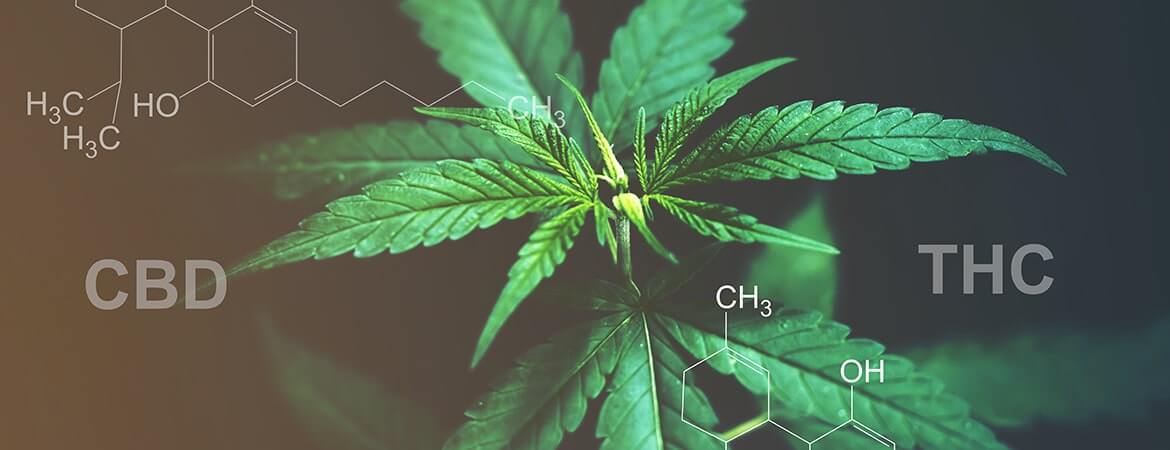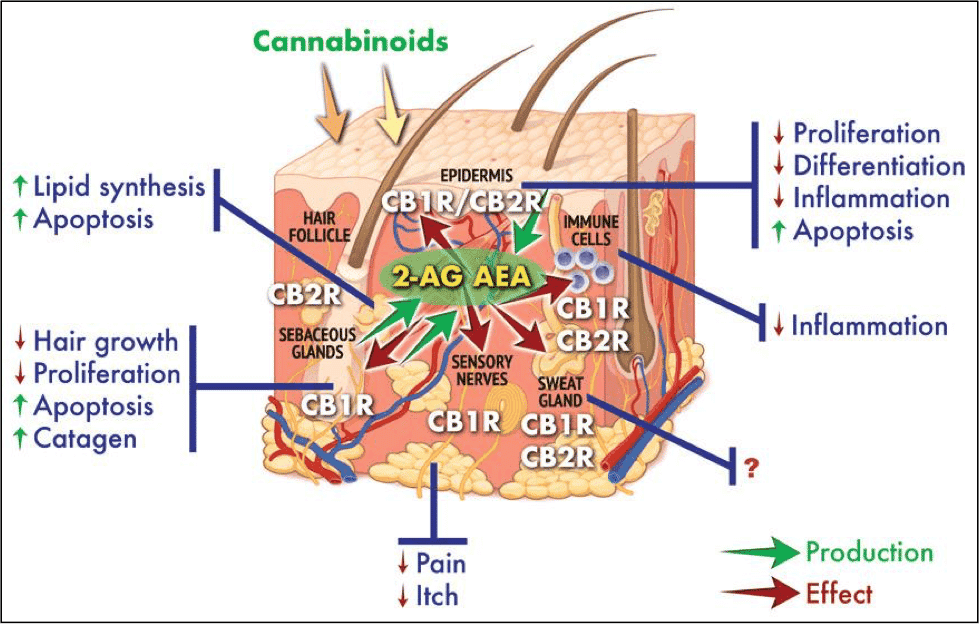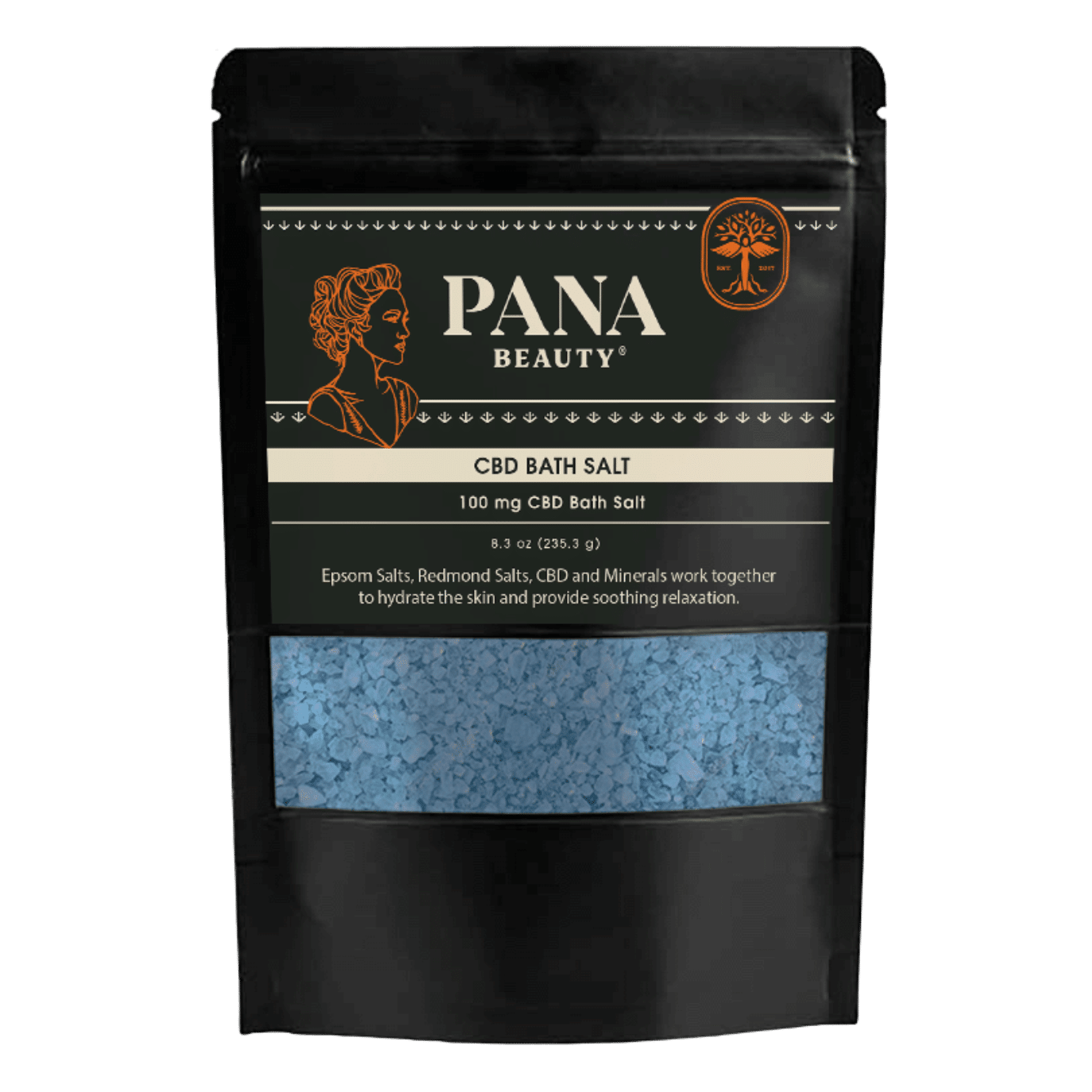It’s a logical question: If CBD is capable of increasing feelings of calm, could it be used to lower blood pressure? Anxiety and quickness to anger or frustration have often been correlated with an increased risk of heart problems. Anything that promotes calm ought to be good for those problems, right? While we don’t have any large clinical studies, there are some indications that CBD could have beneficial effects on a range of disorders involving the cardiovascular system.
Over Pressure
In a double-blind, preclinical study from 2017, nine healthy male volunteers were randomly given 600mg of either CBD or a placebo. Researchers then measured their blood pressure and heart rates at rest and in response to stress. The tests were then repeated with both sets of subjects receiving the opposite treatment as before (placebo group received CBD; CBD group received a placebo.) The results suggest that CBD is capable of moderately reducing systolic blood pressure response to stress as well as at rest by approximately 5mm Hg. The systolic number is the top number of a blood pressure reading. A high systolic reading is associated with a higher risk of heart attack, chest pain, and heart failure.
Looking Behind the Curtain
So how does it work? Cannabidiol closely resembles chemical compounds in the human body, called endocannabinoids for endogenous (“having an internal origin”) cannabinoids. It so closely resembles these endocannabinoids that it can work on the same receptors and enzymes. These receptors and enzymes are found throughout the mammalian body and are referred to as the Endocannabinoid system (ECS). This biological system’s purpose, as current research indicates, is to manage a variety of smaller, regulatory systems like sleep, appetite, mood, inflammation, and immunity. The endocannabinoid system is like the conductor of an orchestra, reminding you to eat on a stressful day, encouraging you to sleep when, unbeknownst to your brain, your immune system is fighting an infection.
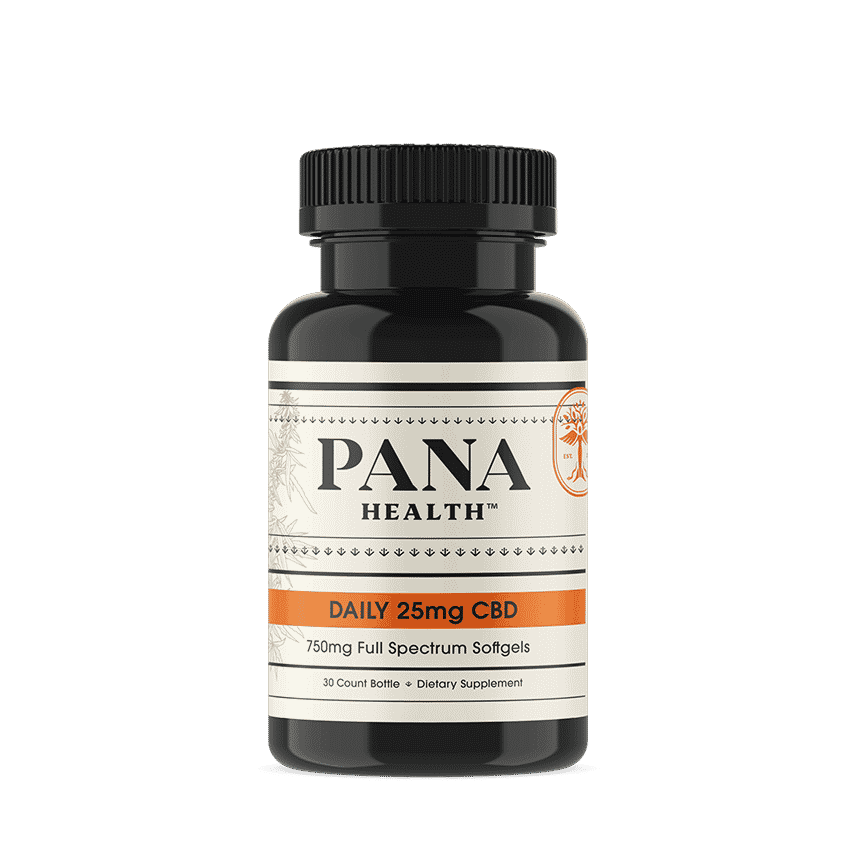
While conventional medicine for moderating blood pressure focuses on the cardiovascular system, cannabidiol works indirectly, regulating the ECS, lowering one’s perceived stress. While it sounds a little magical, it’s true that feeling better can lead to a minor reduction of measurable symptoms. This effect should be balanced with the possibility of drug-drug interactions.
Limitations
The study was on healthy individuals, not individuals with prior cardiovascular symptoms. Individuals with prior symptoms would likely be on other blood pressure medications which could cause drug interactions. The liver is the organ which produces enzymes that breaks down both CBD and blood pressure medications. High doses of both could overwhelm the liver and cause fainting or hypertension.
And 600mg of CBD is a very dramatic dosage, likely too high for most people to tolerate on any kind of regular basis without experiencing mild to moderate symptoms. At this high of a level, there are also increased concerns about drug on drug interactions.

-
Sale!
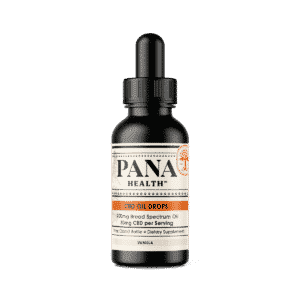
CBD Oil Drops (Broad Spectrum)
$19.95From: $11.97 Select options This product has multiple variants. The options may be chosen on the product page -
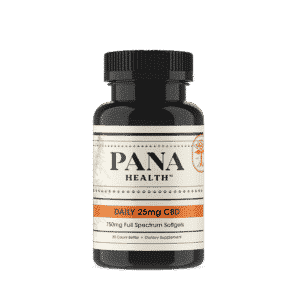
DAILY Full Spectrum CBD Softgels
From: $23.95 Select options This product has multiple variants. The options may be chosen on the product page -
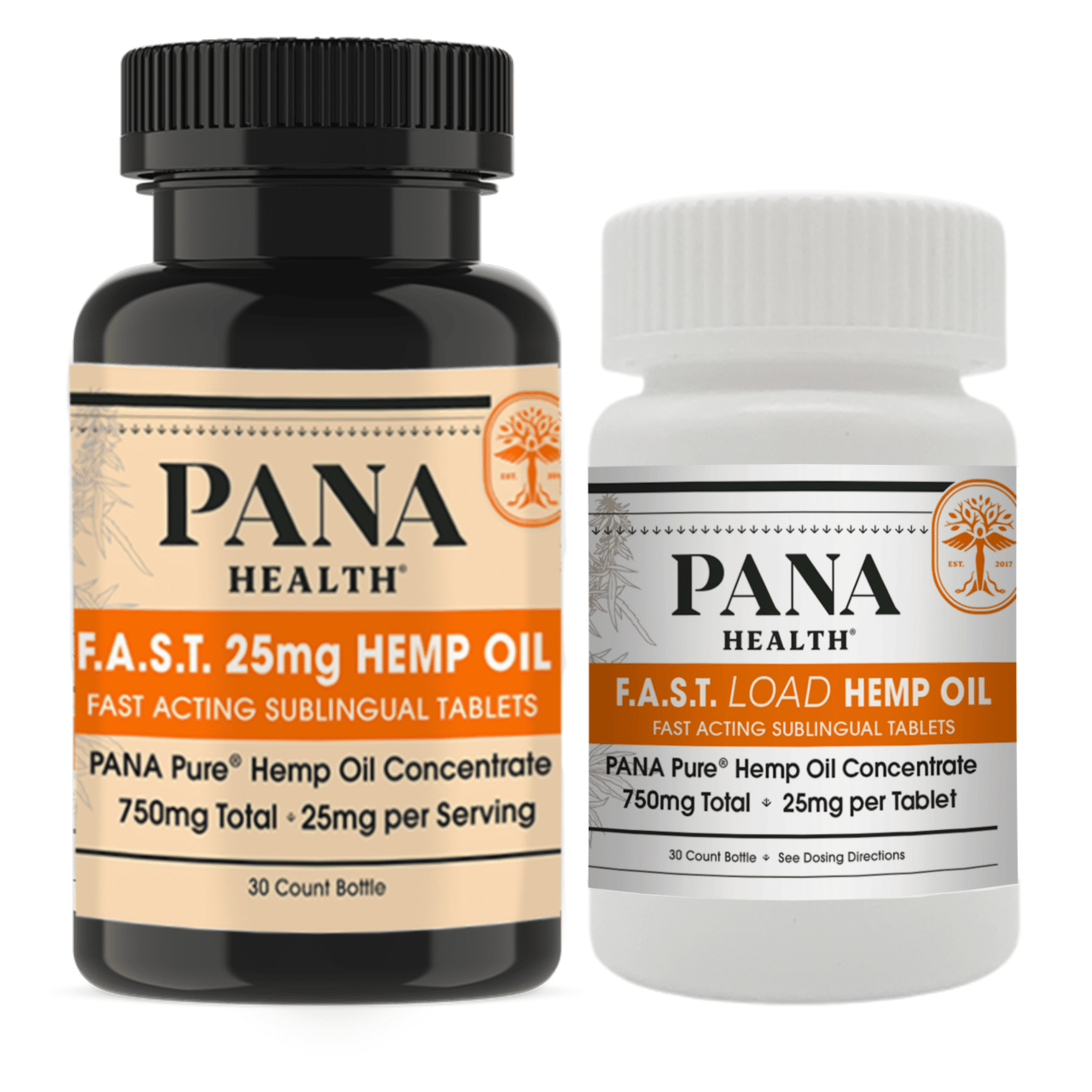
F.A.S.T. + F.A.S.T. Load 25mg CBD Double Pack
$29.95 Add to cart
It should also be noted that not all blood pressure medications work well with CBD. They may interact in a way that could be damaging. Be sure to talk to a healthcare professional before starting CBD if you are on blood pressure medication.
Takeaways
While clinical studies aren’t available to us, it’s possible that individuals with moderate symptoms, appropriate medication regimens, and the oversight of a qualified physician might be able to decrease their heart rate and/or blood pressure with regular use of CBD oil. It might also be an appropriate “as needed” medication, such as anxiolytics, to reduce the harmful effects of stress on individuals predisposed to cardiovascular dysregulation.
If you think you might benefit from using CBD oil, discuss it with your doctor.

